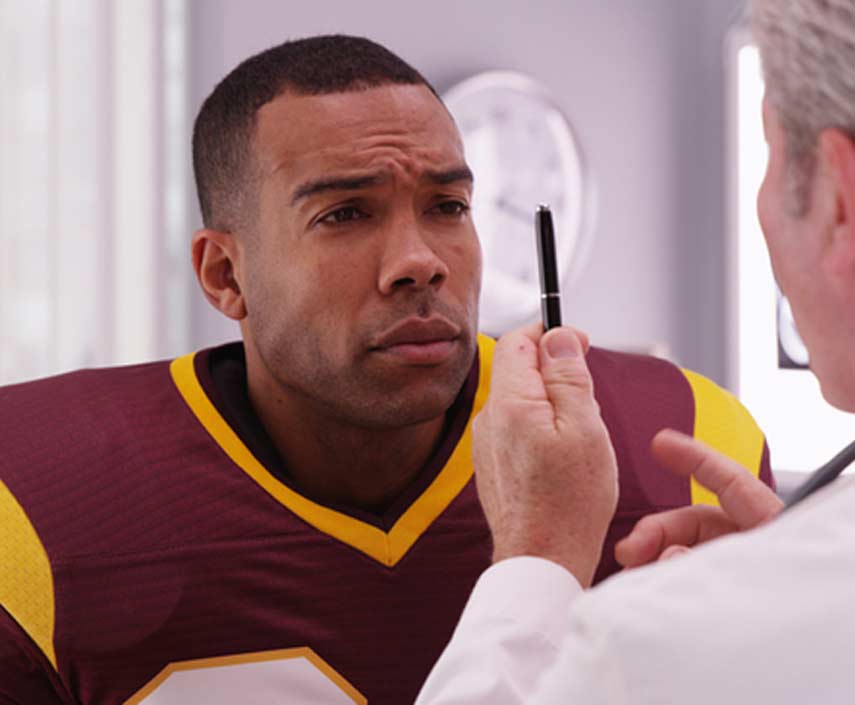
The most common reasons that trauma neurosurgery is necessary are traumatic brain injury and spinal trauma.
Traumatic brain injuries, or TBIs, can be the result of a number of incidents, such as workplace or vehicular accidents. These often co-occur with concussions, skull fractures, and hematomas. The severity can range from a few days recovery to surgery is required and the prognosis is unknown. The Glasgow Coma Scale, or GCS, is one of the main measure used to determine whether or not surgery will be necessary. This score will help the healthcare providers to know what to monitor and what course of action to take.
One of the main factors that the healthcare professionals will be monitoring is the patients ICP, or intracranial pressure. High intracranial pressure is associated with a more negative outcome, so the goal will be catching it early.
On the other hand, spinal trauma is the nerve damage caused by an acute injury to the spine. Typically, the direct injury is to the vertebrae of the spine. The vertebrae become out of line and can pinch or damage the nerves of the spinal cord. Occasionally, the spinal cord can be entirely severed, which requires immediate medical attention. The patient will need to be extensively evaluated following the injury to determine the location and extent of the damage. If the spinal cord is confirmed to have been damaged, either completely or in part, then surgery will be required.


Who Will Perform The Surgery?
The surgery for both traumatic brain injury and spinal trauma will be performed by a board-certified neurosurgeon. However, it is highly likely that other physicians will be involved in the patient’s care. In the case of TBI, the neurosurgeon will repair any skull fracture and heal any hematomas. However, occupational therapists will aid the patient in dealing with any motor control that they may have lost and a speech-language pathologist may assist with eating, drinking, and speaking. In the cause of spinal trauma, the neurosurgeon will need to repair the nerves within the spinal cord. However, orthopedic surgeons will also be involved in the surgery because they will need to repair the damaged or misaligned vertebrae. Physical or occupational therapists will also help spinal trauma patients in their healing process.
What To Expect During Surgery
The expectations for neurosurgery will greatly vary from person to person depending on the exact injury. For patients with TBI, the first surgery will likely be installing a bolt or ICP monitoring device. If any hematomas, or bleeds, exist, the neurosurgeon may determine that it will benefit the patient to drain the blood in order to relieve pressure. In more extreme cases, in which the ICP is still too high and the brain is swelling, the neurosurgeon may determine that it is necessary to remove part of the unhealthy brain tissue in order to preserve as much of the healthy brain tissue as is possible. In cases of spinal trauma, the patient can expect the collaboration of the neurosurgeon and orthopedic surgeon to restore functionality of the spine and spinal cord. The recovery process in both cases can be extensive and involve the collaborative efforts of a host of medical professionals.

